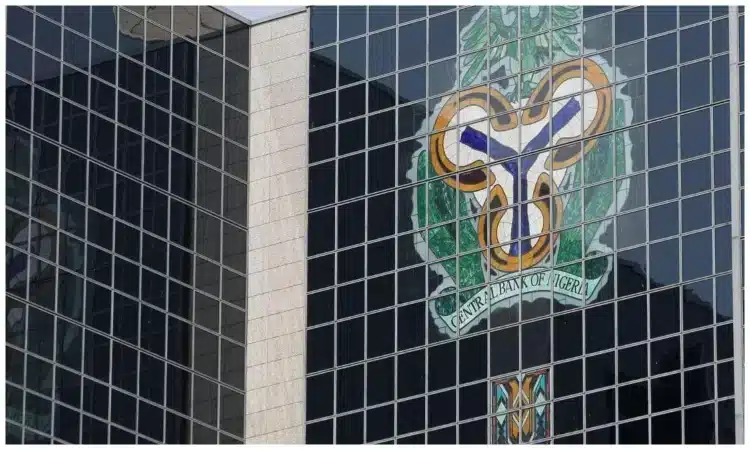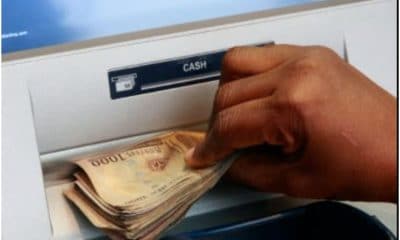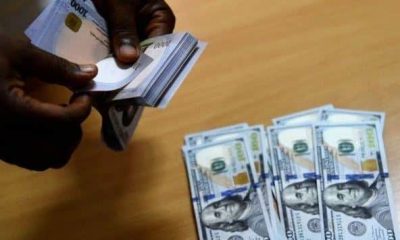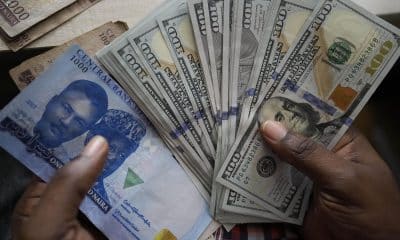Business
CBN Bans Use Of Foreign Currencies As Collateral for Naira Loan

The Central Bank of Nigeria (CBN) has banned all Nigerian banks from using foreign currencies as collateral for naira loans.
Naija News reports that the apex bank made this known in a circular uploaded to its website on Monday.
The CBN said it had observed that bank customers were using FCY as collateral for naira loans and, therefore, prohibited it with immediate effect.
This development comes hours after the apex bank announced in a circular, the sales of dollars to Bureau De Change operators.
It said it is set to sell $10,000 to each BDCs at N1101/$ and directed the operators to sell at a spread not more than 1.5 per cent above the CBN rate.
In March, the apex bank sold $10,000 to BDCs at a rate of ₦1,251/$ and directed the BDCs to sell to eligible customers at a rate not exceeding 1.5 per cent above the purchase price (₦1,269/$1).
This followed the bank’s earlier decision in February to sell foreign exchange worth $20,000 to eligible BDCs across the country.
The statement read, “We write to inform you of the sale of $10,000 by the CBN to BDCs at the rate of 1101/$. The BDCs are, in turn, to sell to eligible end users at a spread not more than 1.5 per cent of the purchase price.”
The CBN directed all eligible BDCs to commence payment of naira deposit into the designated CBN accounts from April 8, 2024.
It also asked the operators to submit proof of payment and other documents at the appropriate CBN branches for disbursement.
As the CBN continues to defend the naira, the latest data on its website showed that Nigeria’s foreign exchange experienced a sharp decline of about $1.02bn within 18 days, as of April 4.
This recent move follows an appeal by the Association of Bureau De Change Operators of Nigeria to the CBN to adjust and lower its applicable exchange rate below the ₦1,251/$ it pegged for its members.
The parallel market rate of 1,235/$ is lower than the BDCs’ applicable buying exchange rate of 1,251/$ (plus a 1.5 per cent margin) set by the CBN in its latest tranche of interventions.












